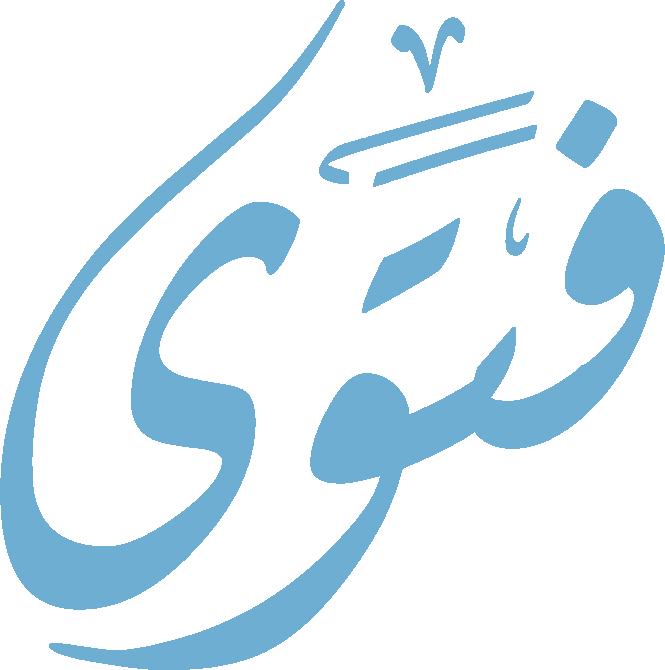Question
Reference number: 888318 | Prayers | Feb. 4, 2020
Is it true that the unified prayer call considers the time differences between Ramallah and the villages of Qalqilya? Can we break the fast in the month of Ramadan depending on the prayer call made in Ramallah?
Answer
Praise Be to Allah and Peace Be Upon His Messenger.
Referring to your question, the unified prayer call has many advantages; the most important one is preventing disturbances which may occur as a result of many prayer calls that are made at the same time. This unified prayer-call project takes into consideration the time difference.
Shaikh Muhammad Ahmad Hussain, the General Mufti (Muslim Legal Scholar), in the Palestinian Legal Verdict Council, was once asked, “what is the ruling on playing the record or radio which broadcasts the prayer call?”
He said that basically, the prayer call is a ritual which must be performed live. In other words, the prayer call-maker must really use loudspeakers to make the prayer call to inform people that the time has come to observe each prayer. Muslims, therefore, should observe the prayer as soon as possible. However, the recorded prayer call and the unified prayer call are a newly launched project. Thus, there are many opinions regarding this issue.
First, the prayer call should be performed by a human -the Mu’azzen- and it should be live. This is the opinion of some contemporary scholars.
Second, the unified prayer call can be a successful project in small cities where there are no time differences. However, in some other big cities, such as Cairo, there is a three-minute time difference between the east and the west. In case the call prayer is unified, those who live in the west will break their fast earlier than the due time. This will make their fast and their prayers invalid.
Third, this project is acceptable if it takes place in institutions other than mosques such as governmental institutions, hospitals, universities or companies.
Fourth, this is completely allowed as performing the prayer call is an act of Sunnah. It aims at informing people that the time for prayers has come. It is not necessary to make it live. If it is live, it will be much better.
Imam Al-Sarakhsi said that if anyone prays at home, the prayer-performance call will be sufficient for them. (Al-Mabsut: 1/132)
It was narrated that Ibn Mas’ud RAA prayed as Imam with ‘Alqama and Al-Aswad without making the prayer call nor the prayer-performance call. He said, the prayer call which was made in the neighborhood was sufficient.
Ali Jum’a the Egyptian Mufti announced that the four major scholars agree that the unified prayer call is allowed in a city as the primary goal of it is to inform people.
We go with having a unified prayer call as this organizes the process, it goes along with the modern life needs, and prevents disturbances result from having many prayer calls at one time. The prayer call is a confirmed act of Sunnah. However, the prayer-performance call must be live. Therefore, there is nothing to prevent making a unified prayer call as long as it takes into account the time differences, and to be live. This is what was issued by the Palestinian Higher Council of Fatwa in its decision No. 3/11.
Referring to the Bureau of Endowment in Qalqilya, we get informed that Qalqilya makes its own prayer call, and because it was hard to connect other villages’ loudspeakers with the main net in Qalqilya, such loudspeakers were connected with the main net in Ramallah. Nevertheless, people in those villages must observe the time difference, and they must keep looking at the permanent calendar which tells times of prayers.

